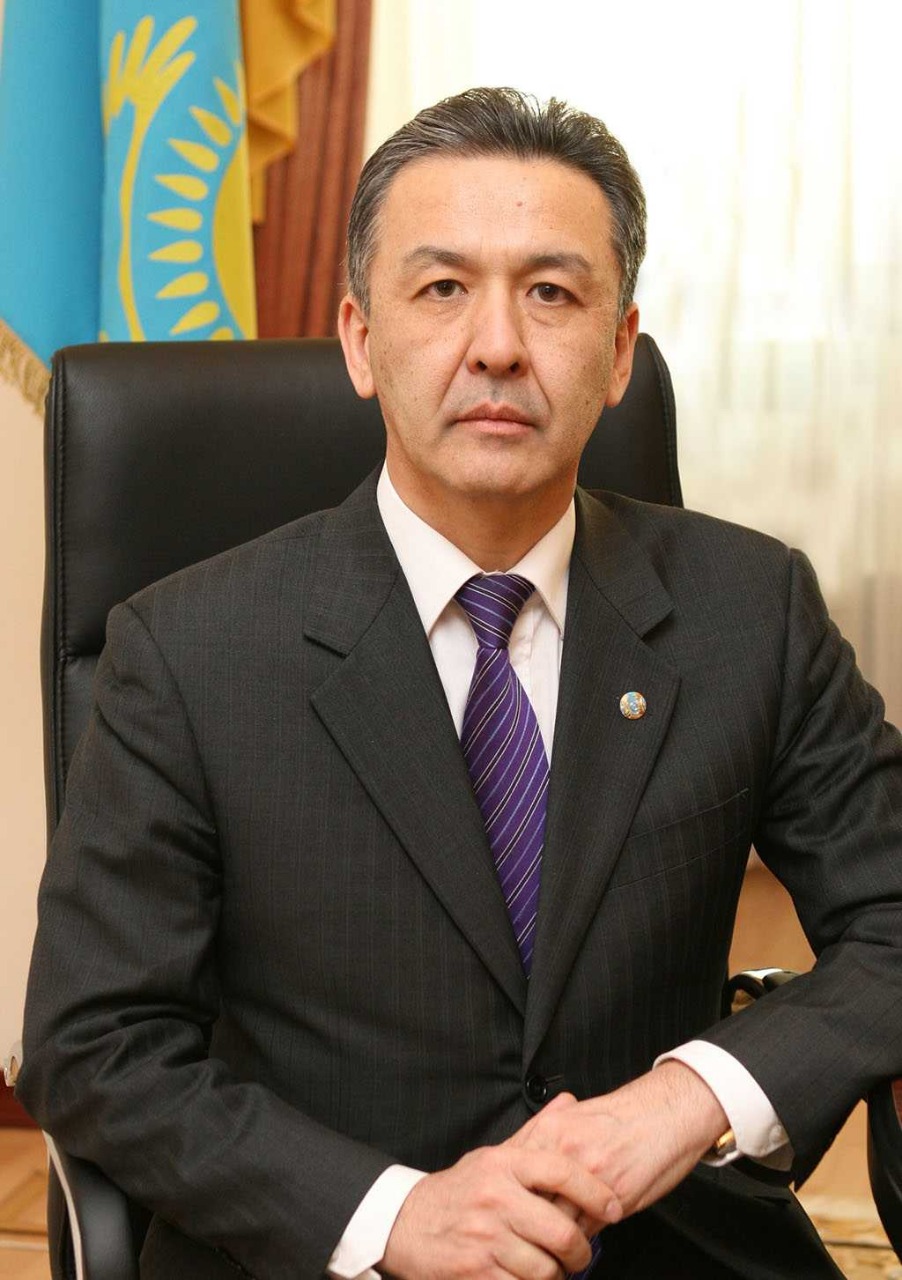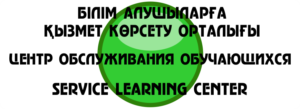Kazakhstan – the center of confessional consent
[Дата публикации: 29.11.2022, 16:41:43, published by: Sergey Plotnikov]
Kazakhstan is often called the intersection of civilizations. Since ancient times, various religious beliefs have been developing and forming on the territory of modern Kazakhstan. Traces of the spread of Buddhism, Zoroastrianism, Nestorianism, as well as Tengrianism were found here. Religion in Kazakhstan covers dozens of confessions and teachings.There are followers of almost all world religions in Kazakhstan: Islam, Christianity, Judaism, Buddhism, Hinduism, as well as ancient polytheistic cultures and modern neoplasms.
Despite the abundance of various religions in Kazakhstan, the majority of the population is divided into Muslims professing Sunni Islam and adherents of Russian Orthodox Christianity.
The basis of a secular state is freedom of conscience, equality of religious beliefs, and the neutrality of political power in relation to religious denominations. The secular State implements the citizens’ right to freedom of religion and legal regulation of the activities of religious associations. The system of relations between the State and religious associations is not isolated from the rest of the system of public relations. Religious associations are part of the Kazakh society, institutions, and believers are full citizens of the Republic of Kazakhstan.
In the context of the above, it should be noted that the secular nature is one of the fundamental principles of the creation and functioning of the modern legal state of Kazakhstan. State authorities are created and operate on the basis of the Constitution of the Republic of Kazakhstan, and not on the basis of canon law.
Currently, on the basis of the fundamental provisions of the Constitution, the Law of the Republic of Kazakhstan “On Religious Activities and Religious Associations” adopted in 2011 is in force, which is a legal mechanism for the realization of citizens’ right to freedom of conscience, enshrined in the basic law, international acts and agreements on human rights. In the conditions of secular Kazakhstan, the principle of separation of religious associations from the state is of priority importance, according to which:
– religious associations are not subjects of political activity;
– does not participate in public administration, formation of state bodies.
The Constitution guarantees everyone freedom of conscience, and also prohibits any form of discrimination on religious, ethnic and other grounds. Freedom of conscience means the right of every citizen to independently choose a system of spiritual values for himself. Ensuring the realization of human rights to freedom of religion of citizens belongs to the vital interests of the Republic of Kazakhstan as a multi-confessional country and is one of the main components of its democratic and legal development.
Kazakhstan relies on generally recognized international human rights instruments in its activities. Kazakhstan’s regulatory framework in the field of ensuring religion and freedom of religion complies with pan-European and world democratic standards. According to the conclusions of many experts, the country’s legislation complies with the basic principles underlying international standards adopted by the OSCE and a number of other international organizations, as well as the experience of developed democratic states of the world.
Favorable conditions have developed in the republic for living together and effective interaction between representatives of various religions and confessions. The model of interfaith relations in Kazakhstan has become unique for other countries. It is known that the wealth of the world lies in its extraordinary diversity. In this regard, the statement of the researcher of Eurasianism L. N. Gumilev that “ethnic diversity is the optimal form of human existence” is legitimate. Kazakhstan is called the “crossroads of civilizations”. Kazakhstan is a natural border between the world’s largest religions – Islam, Christianity and Buddhism. For centuries, representatives of different peoples and ethnic groups have lived and worked here together.
Salpenova Madina Meiramovna
Member of the city information
and explanatory group,
Master of Law
![]() Просмотров: 1,470
Просмотров: 1,470
 For the period of 50 years Karaganda Industrial University, founded in 1963, has become one of the leading higher ...
For the period of 50 years Karaganda Industrial University, founded in 1963, has become one of the leading higher ...
































